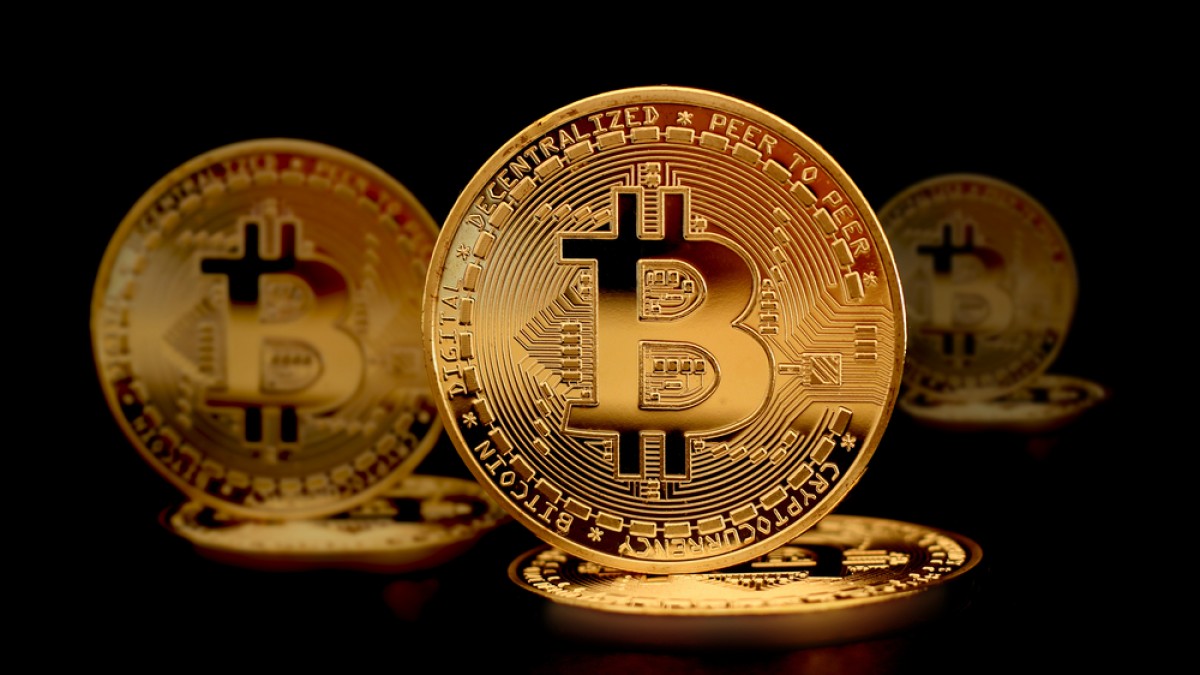|
Getting your Trinity Audio player ready...
|
Bitcoin’s (BTC) recent rally sent its price soaring to $87,000, marking a significant milestone for the cryptocurrency holdings of both El Salvador and the Kingdom of Bhutan. The surge brought El Salvador’s Bitcoin reserves to over $500 million and Bhutan’s to an astonishing $1.1 billion. These two nations, each unique in their embrace of Bitcoin, now showcase how vastly different economic strategies can yield impressive results in the world of digital assets.
El Salvador’s Bitcoin Strategy Pays Off
Since first adopting Bitcoin as legal tender in 2021, El Salvador has amassed nearly 5,932 BTC, valued at approximately $516 million as of the current price. President Nayib Bukele’s Bitcoin strategy, which began with sporadic purchases during the 2021 bull run, transitioned to a disciplined dollar-cost-averaging approach in late 2022. This move, although controversial and criticized by financial institutions like the International Monetary Fund (IMF), has gradually shown positive fiscal impact. According to reports, El Salvador turned a profit on its Bitcoin holdings by December 2023, sparking renewed interest in the cryptocurrency’s role within national finance.
I told you so.
— Nayib Bukele (@nayibbukele) November 11, 2024
Further reflecting an improved economic outlook, El Salvador announced a plan to buy back $2.5 billion of its dollar-denominated debt, with the nation’s bonds reportedly returning 4.7% since the recent election of Donald Trump. While Bitcoin comprises only 1.5% of El Salvador’s GDP, the country’s position illustrates a commitment to alternative financial approaches amid a volatile global economy.
Bhutan’s Bitcoin Success Story
In contrast, Bhutan, a small Himalayan kingdom with a population of just 800,000, holds a massive Bitcoin stash of 12,574 BTC, valued at roughly $1.1 billion. This amount is particularly impressive considering that Bhutan’s GDP is just under $3 billion, making the cryptocurrency holdings equivalent to over one-third of the nation’s total economic output.
Bhutan’s path to accumulating Bitcoin differs significantly from El Salvador’s. With an abundance of hydroelectric power, Bhutan has engaged in Bitcoin mining, generating wealth from its renewable resources and establishing itself as a significant player in the global Bitcoin economy. Bhutan’s cryptocurrency holdings reportedly make it the fourth largest Bitcoin-holding nation-state, according to Arkham Intelligence. The country’s innovative approach highlights the potential for sustainable energy sources to contribute to digital asset accumulation.
Global Implications of State-Level Bitcoin Adoption
As Bitcoin continues its bullish trajectory, the experiences of El Salvador and Bhutan showcase two unique Nmodels of state-led crypto investment. El Salvador’s speculative purchases contrast with Bhutan’s mining-based strategy, demonstrating that Bitcoin adoption can be tailored to a country’s unique strengths and economic goals. The ongoing success of both countries may inspire other nations to consider cryptocurrency as a viable asset in national portfolios, especially as traditional markets face challenges.
With Bitcoin’s price rallying and state-backed holdings rising in value, the global finance landscape may witness more governments exploring digital assets as a means of diversifying national wealth. As such, the next phase of Bitcoin’s story may be written not only by private investors but by the nations that dare to embrace this digital frontier.
Disclaimer: The information in this article is for general purposes only and does not constitute financial advice. The author’s views are personal and may not reflect the views of Chain Affairs. Before making any investment decisions, you should always conduct your own research. Chain Affairs is not responsible for any financial losses.
I’m your translator between the financial Old World and the new frontier of crypto. After a career demystifying economics and markets, I enjoy elucidating crypto – from investment risks to earth-shaking potential. Let’s explore!




